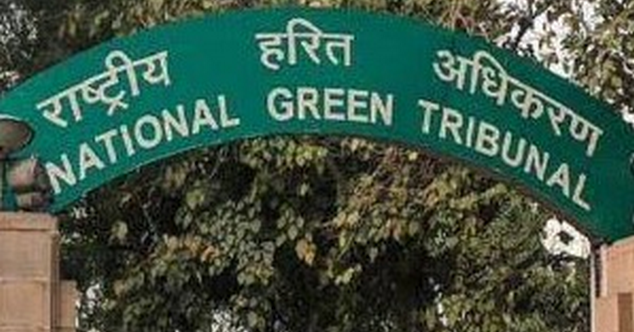Analysis
The National Green Tribunal’s Suo Moto Powers: A Summary
The Supreme Court will decide if the NGT can exercise suo moto powers without the NGT Act, 2010 explicitly granting them these powers.

The Supreme Court and High Courts (HC) in India, unlike courts in other countries, often take up matters based on media reports or letters written to them. For example, in Sunil Batra v Delhi Administration (1980), the Supreme Court (SC) took up the matter based on a letter written to a judge about the torture of prisoners and violations of prisoners’ fundamental rights. The Supreme Court has on various occasions recognised the SC and HC’s ‘suo moto’ powers to to take up issues without a formal petition under Articles 32 and 226.
The Court will now decide if statutory tribunals also can exercise such suo moto powers. Statutory tribunals derive their powers from the statute by which they are established. The Court will decide whether the National Green Tribunal can exercise suo moto powers despite the National Green Tribunal Act, 2010 not explicitly granting the NGT such powers.
In 2018, the NGT passed an order imposing a fine on the Mumbai Municipal Corporation for improper waste management, based on a news report. An appeal on this order, along with 15 other petitions are being heard by the Supreme Court. The appellants argue that the Act that established the NGT does not give it suo moto powers. The respondents point out that the NGT’s purpose is to protect the environment. So, their powers should be read broadly to include suo moto powers, in the manner similar to how the SC and HCs recognised their suo moto powers under Articles 32 and 226.
Read our posts on suo moto powers, on whether tribunals should have these powers, and an overview of the arguments made in the NGT case hearing at the SC.
